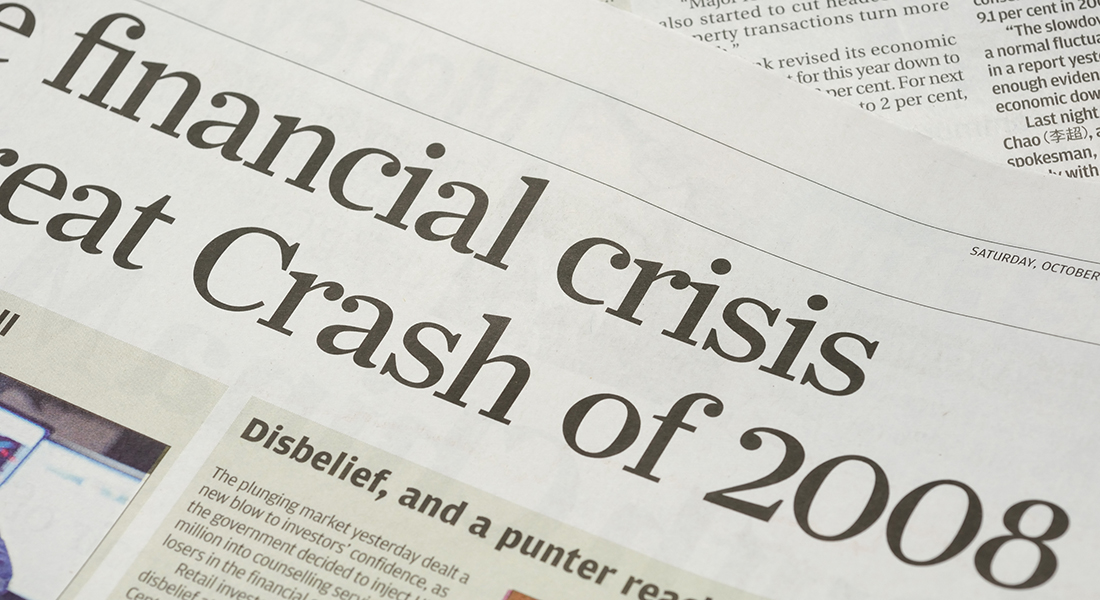The 2008 financial crisis was one of the most significant economic events in modern history. It had far-reaching consequences and was a turning point for the global economy. The crisis was triggered by the collapse of the housing market in the United States, but its effects were felt across the world. In this article, we will explain the causes and consequences of the 2008 crisis and how it affected the global economy.

Causes of the Crisis:
The 2008 crisis was caused by a combination of factors, including the deregulation of the financial industry, excessive risk-taking by banks and other financial institutions, and a housing market bubble. During the 1990s and early 2000s, there was a significant increase in the number of people buying homes, which led to a surge in demand for mortgages. Banks and other financial institutions saw this as an opportunity to make a profit by lending money to people who were unlikely to be able to pay it back.
At the same time, there was a push for deregulation of the financial industry, which led to a relaxation of lending standards. This meant that people who were not creditworthy were able to obtain loans, and banks were able to package and sell these loans as securities.
The housing market bubble eventually burst, and many people were unable to pay their mortgages, leading to a wave of foreclosures. This resulted in a sharp decline in the value of mortgage-backed securities, causing many financial institutions to suffer huge losses.
Consequences of the Crisis:
The 2008 financial crisis had far-reaching consequences for the global economy. In the United States, the crisis led to a recession that lasted for several years and resulted in high unemployment and a sharp decline in economic growth. The crisis also had a significant impact on the housing market, with many people losing their homes and property values declining sharply.
The crisis also had a significant impact on the global financial system. Many banks and other financial institutions were on the brink of collapse, and governments had to intervene to prevent them from failing. This led to massive government bailouts of financial institutions, which cost taxpayers billions of dollars.
The crisis also had a significant impact on the global economy, with many countries experiencing a decline in economic growth. The crisis led to a drop in global trade, as many countries were forced to reduce their spending and cut back on imports.
Lessons Learned:
The 2008 financial crisis highlighted the need for stronger regulation of the financial industry. Many of the problems that led to the crisis could have been prevented if there had been stricter lending standards and greater oversight of the financial industry.
The crisis also showed the importance of government intervention in times of crisis. Without the massive government bailouts, many financial institutions would have failed, which could have led to an even more severe economic downturn.
Conclusion:
The 2008 financial crisis was one of the most significant economic events in modern history. It was caused by a combination of factors, including the deregulation of the financial industry, excessive risk-taking by banks, and a housing market bubble. The crisis had far-reaching consequences for the global economy, including a recession in the United States, a decline in economic growth, and a drop in global trade. The crisis also highlighted the need for stronger regulation of the financial industry and the importance of government intervention in times of crisis.

